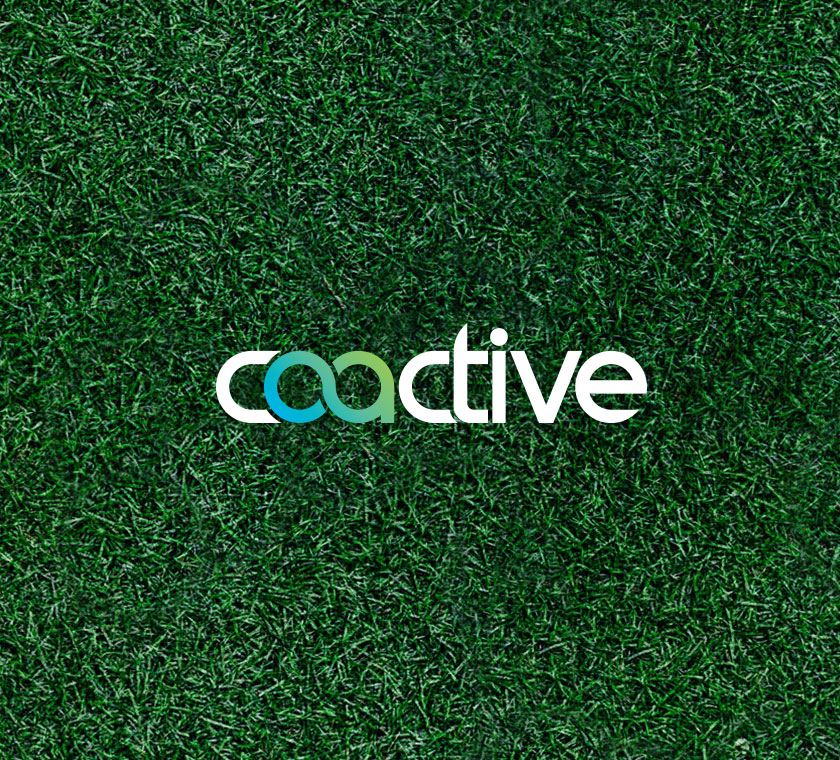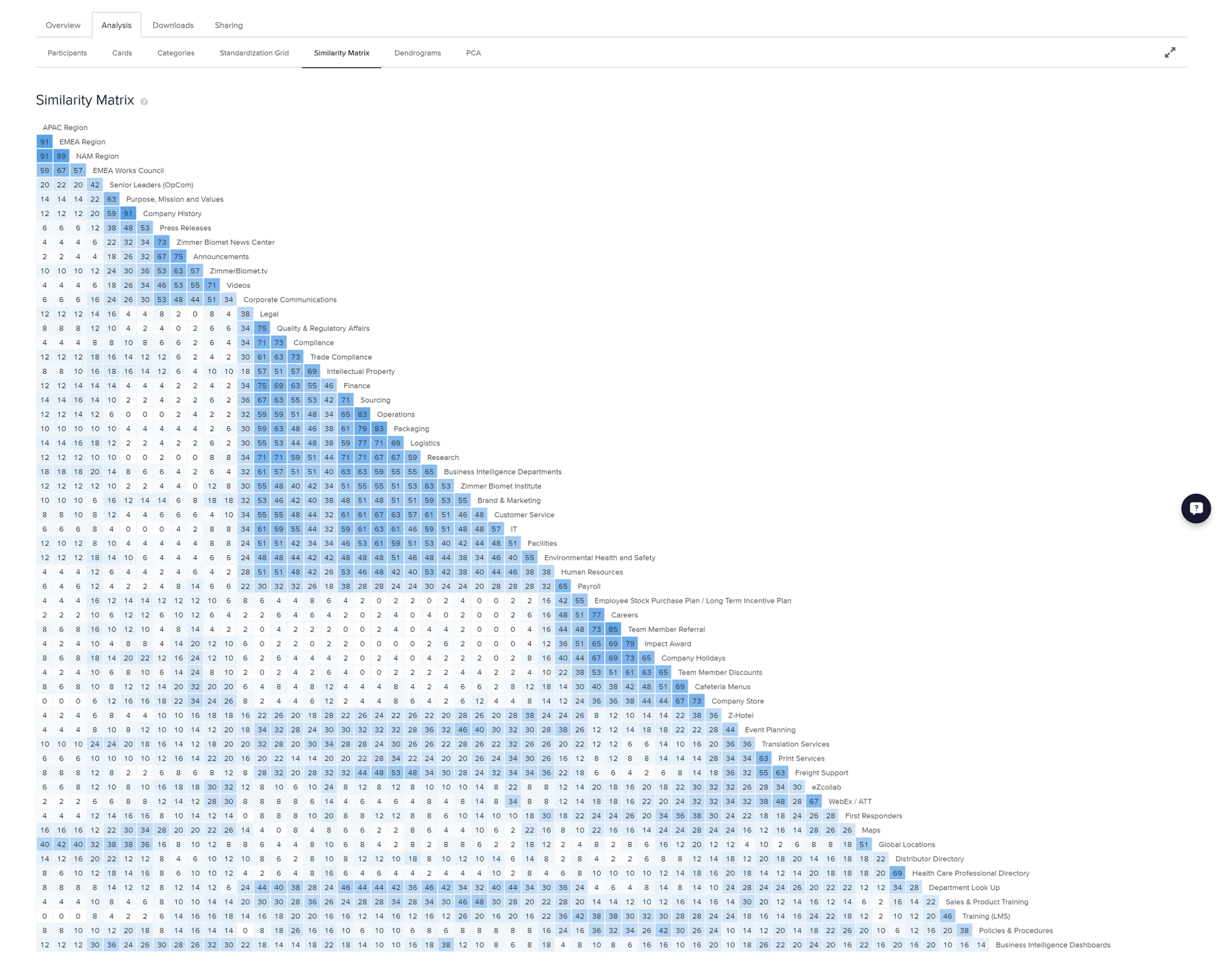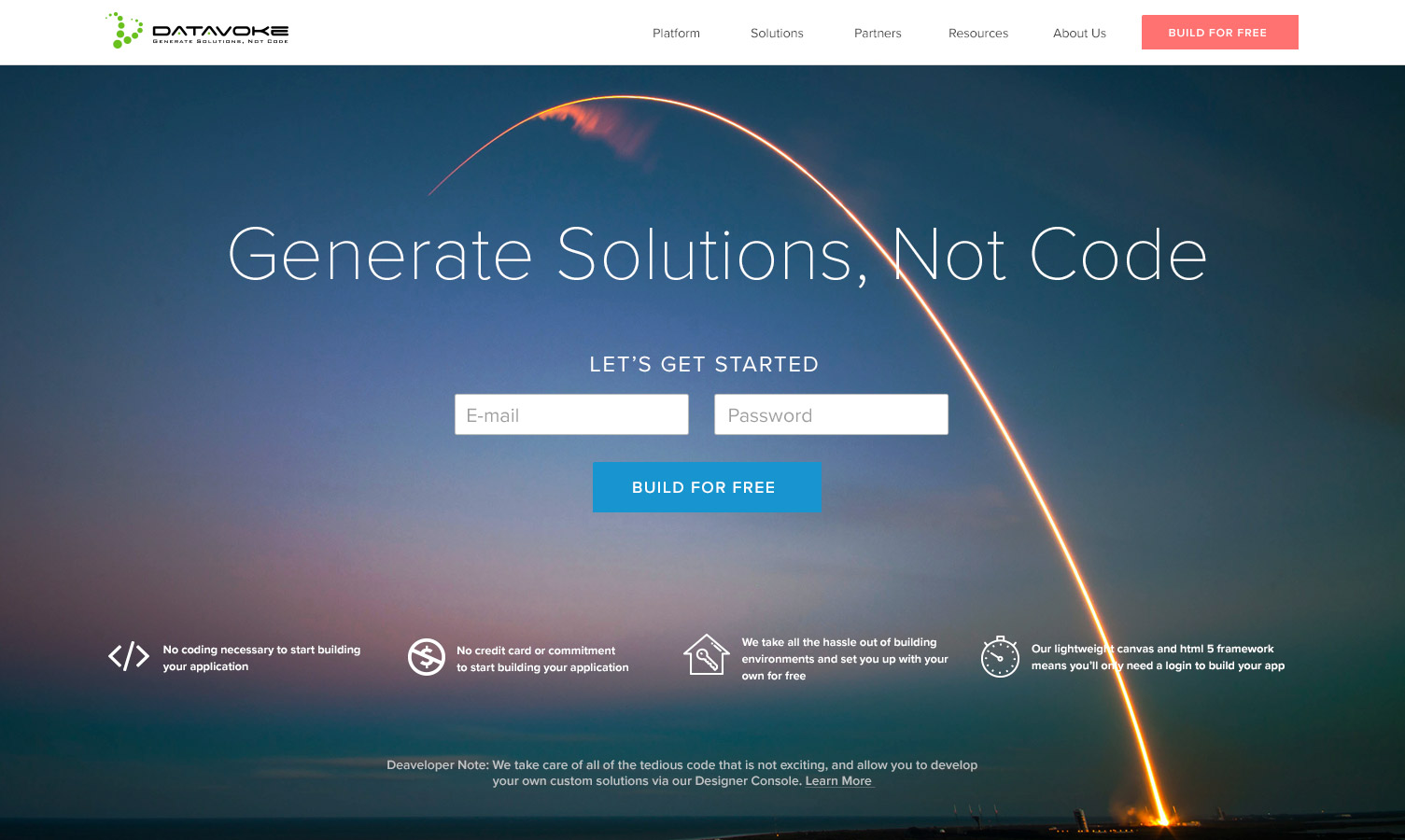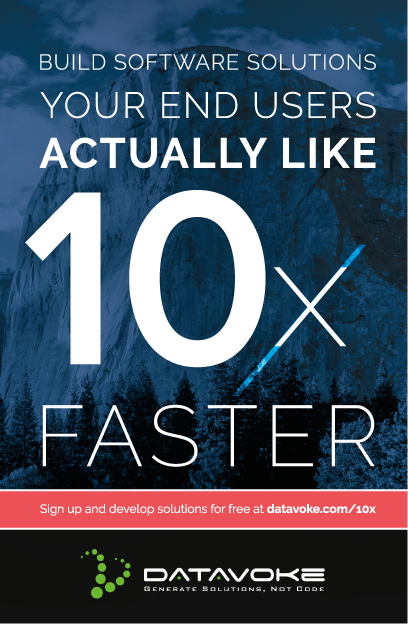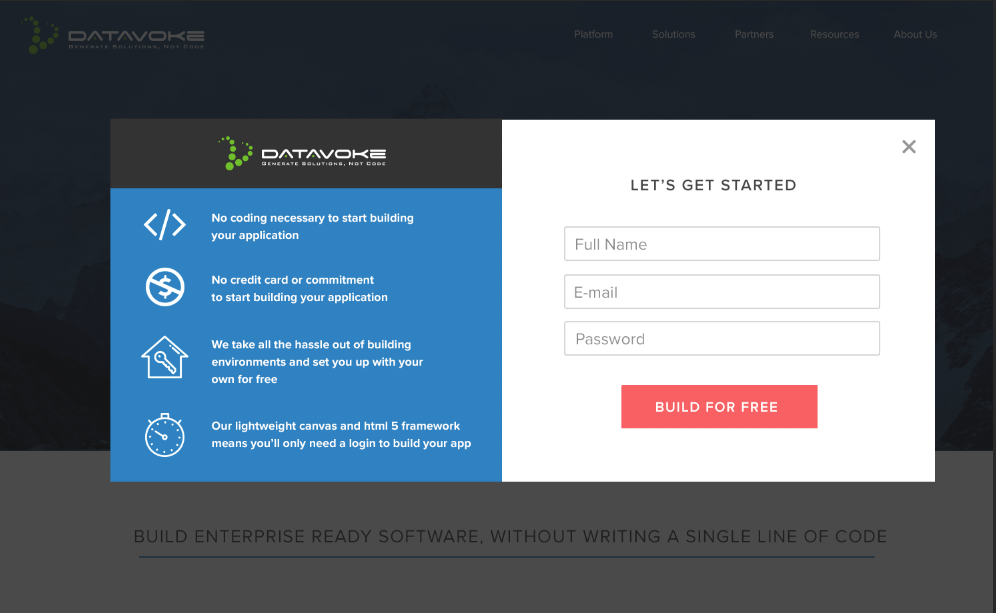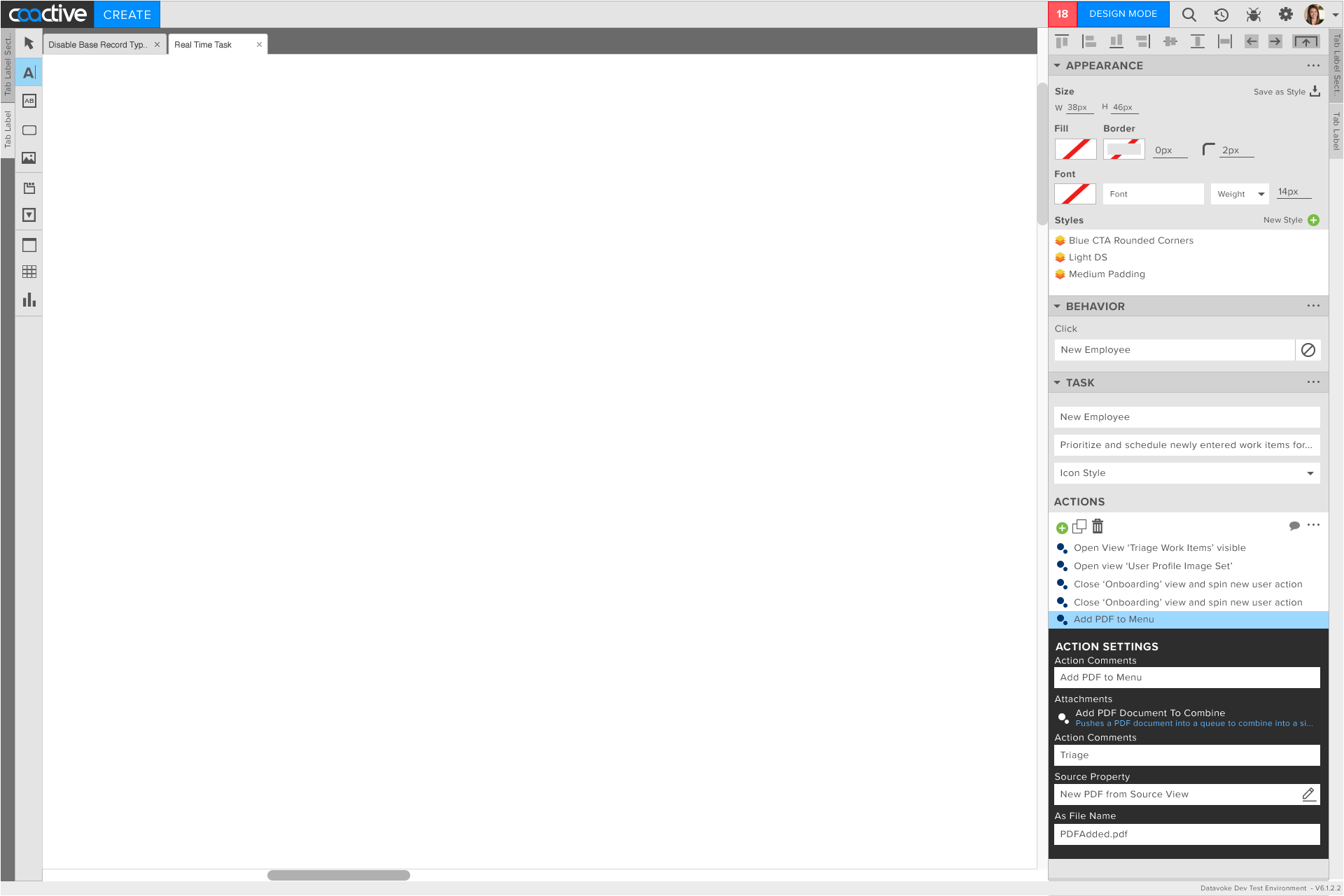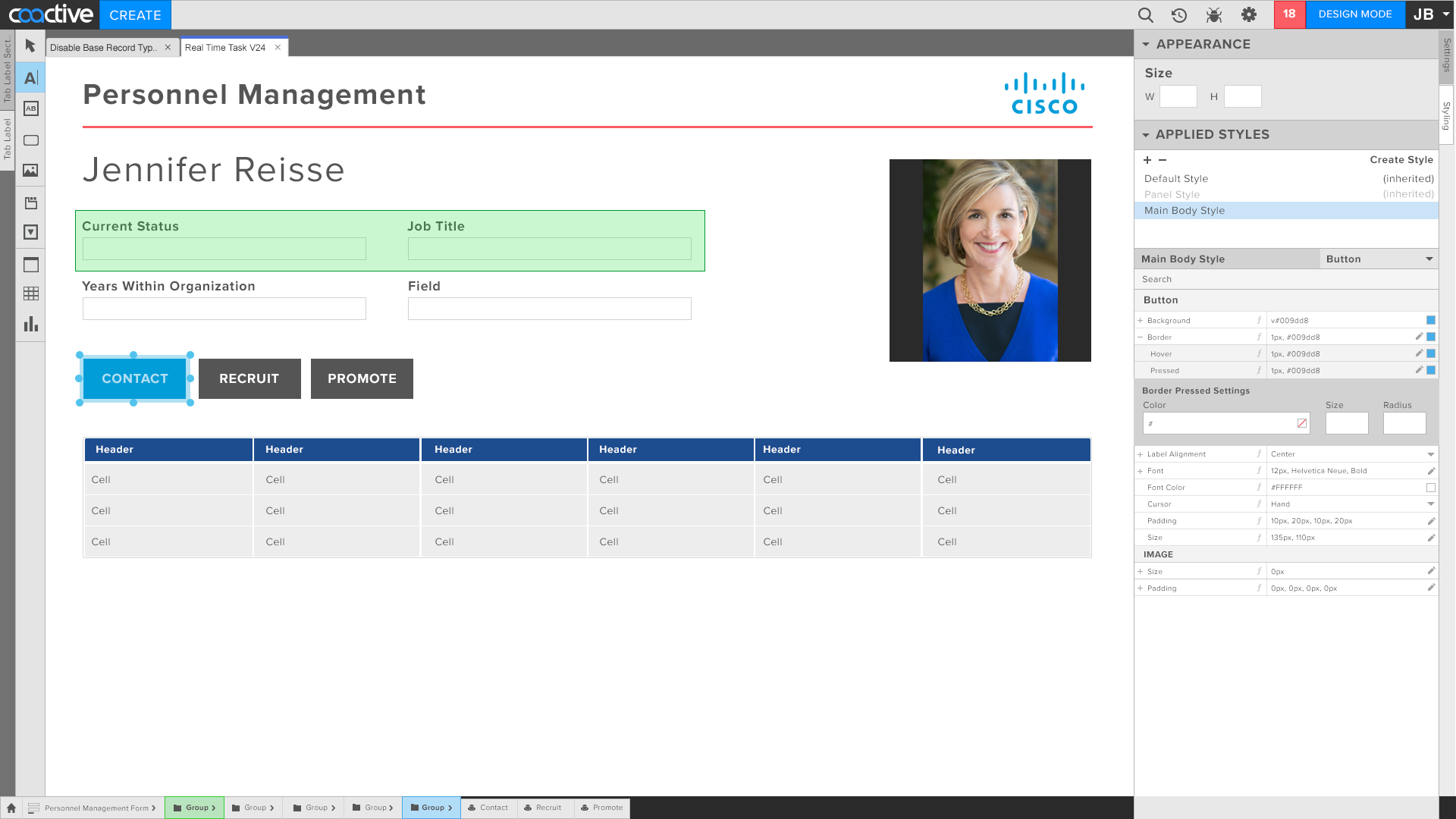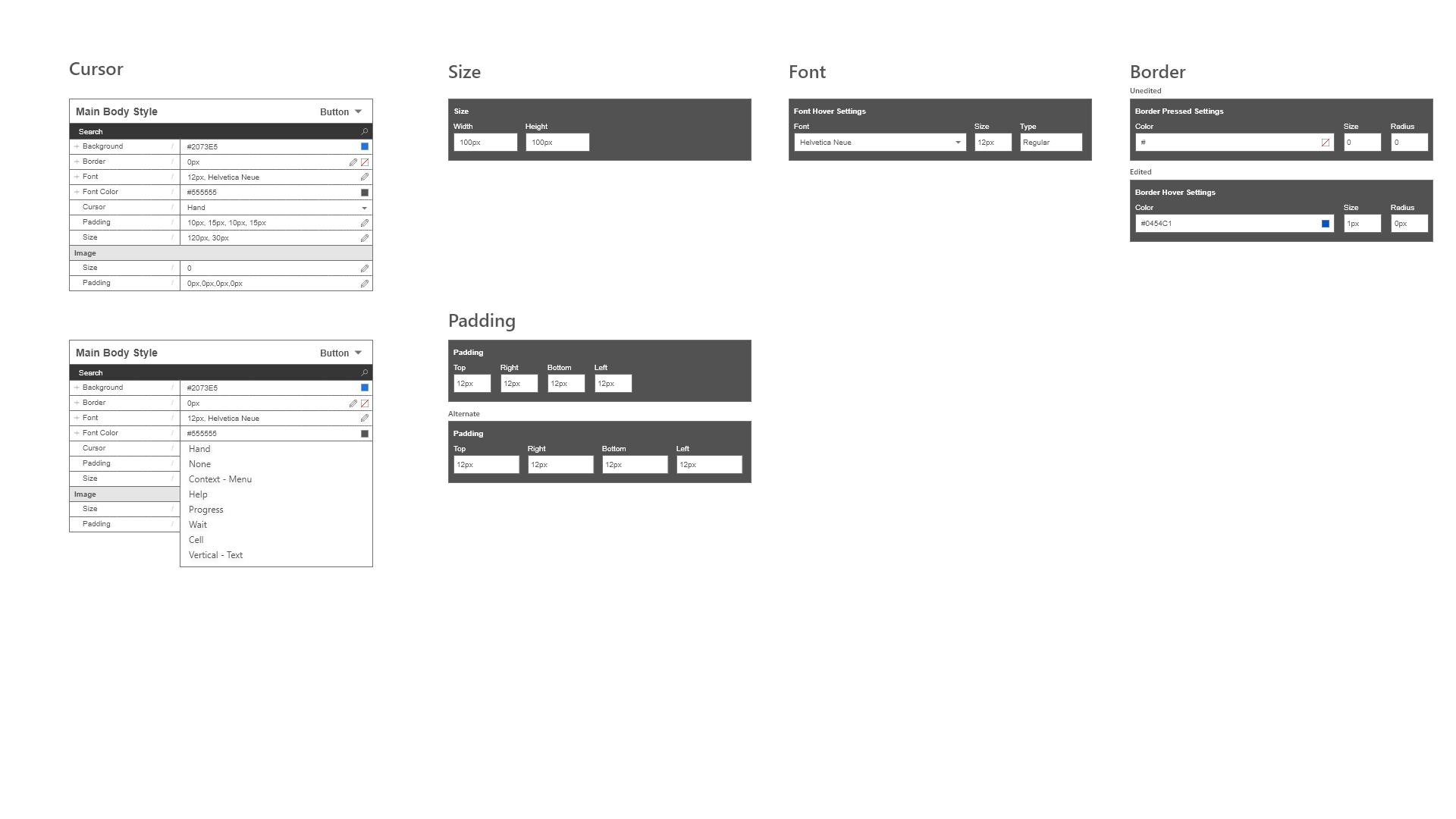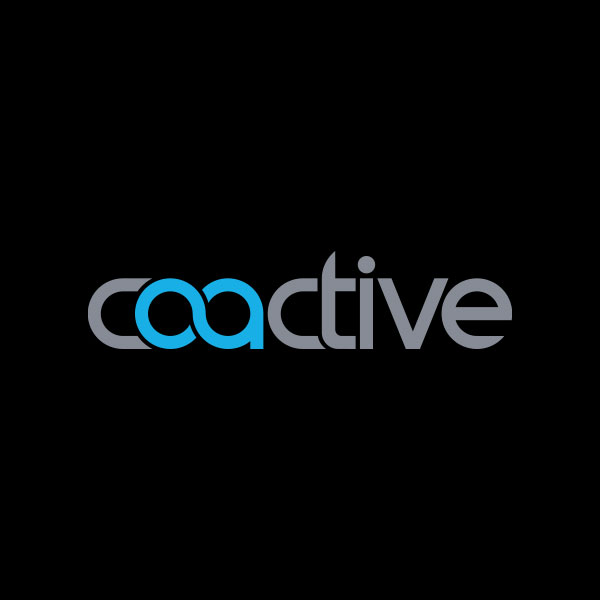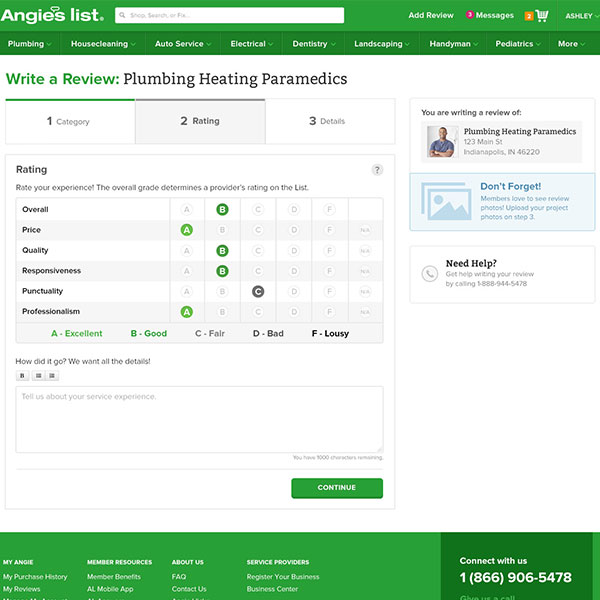Coactive: Design Thinking, Reimagined
how we tackled the brief given to us
Brief
Coactive, formerly Datavoke, was in the midst of a strategic brand transition—shifting from a data-centric identity toward an experience built around instant collaboration and creative interoperability. As the first in-house designer within a historically architecture-focused team, the role extended beyond UX into shaping the visual and conceptual language of the product.
Responsibilities included managing and delivering all brand assets, leading the creation of the first visual design component library, and serving as the primary researcher across design and product discovery efforts. The challenge was to embed human-centered design practices into a technically rigorous environment, laying the groundwork for a culture of adaptability, modularity, and empathy.
Deliverables
Rapidly translated research and design exploration into a 15-screen clickable prototype, enabling early usability testing and accelerating stakeholder feedback.
Results
Foundation of Design-Led Systems
Scalable UX structures were introduced to translate architectural complexity into human-readable design. Reusable components and intuitive system logic supported rapid prototyping and cohesive experimentation—elevating the environment from developer-centric to design-friendly.
Brand Language and functional elegance
Visual identity and brand voice were shaped to reflect modularity, precision, and inventiveness. Engineering logic was bridged with aesthetic clarity, ensuring that every interface felt purpose-built and expressive—transforming the platform into a creative collaborator.
Shift toward Empathy-Driven Design
User research, mental model mapping, and ongoing design advocacy helped cultivate a user-centered mindset across the team. Engineers and architects embraced intuitive affordances and real-world needs, redirecting product strategy toward relevance, empathy, and accessibility—a shift that now resonates in modern, AI-assisted workflows


